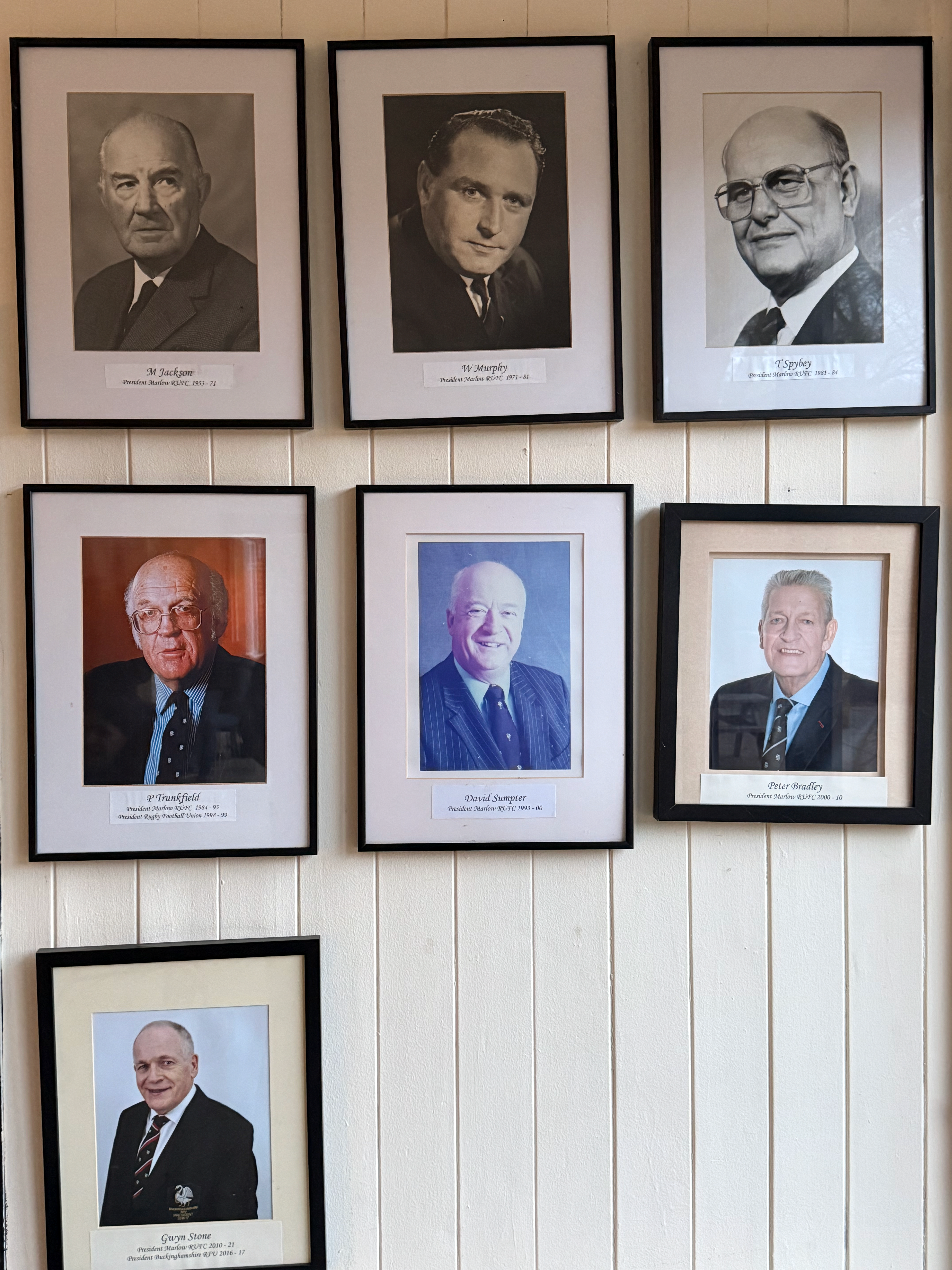The Lost Spark: How Modernity Flattened Real and Imaginary
Perhaps it was the "enlightenment" of the eighteenth century, or maybe the French revolution more specifically, that kicked off this whole idea of modernity. That sudden postulate that the world must be seen as it really is, stripped of the imaginary, the mystical, the decorative, all those things that don't quite fit into neat little boxes. And that is fine to a point, you know, but I think where humanity went wrong was in taking it all too seriously—trying to draw a thick line between black and white, between the real and the imaginary, the serious and the frivolous. Somewhere along the way, we decided that for whatever perverse reason both just cannot coexist—it has to be one or the other, with the priority given to the real and serious.

Just yesterday, I found myself at a rugby game (as you do on a Sunday), and on the clubhouse wall there was a row of portraits—former presidents of the club or something like that. A whole sequence of faces, each frozen in their own time, each a small artifact of local history. And as I looked at them, I couldn't help but think about that same divide between the real and the imaginary, and in particular what happens when we pretend one can exist without the other! You look at the older photos and there’s something going on there. The faces have a bit of mystery about them—like the man in the middle row on the left. You just want to know who he was, what his story might have been. The photo isn't trying too hard, and that's exactly why it works. His photograph carries a story. It is imperfect, textured, human.
Then your eyes move to the most recent one, at the bottom. The guy is standing against a white background, all crisp and tidy, like something you'd get for a staff badge at a supermarket. And suddenly there's nothing left to wonder about. It's just some geeza in a suit, for all I care he might have worked at a local Sainsbury's.
That's what happens, I think, when you strip everything down to what is "real". You lose the spark. You lose the sense of play. And in chasing after that clean, serious version of the world, you accidentally flatten it, until there's nothing left but the surface.